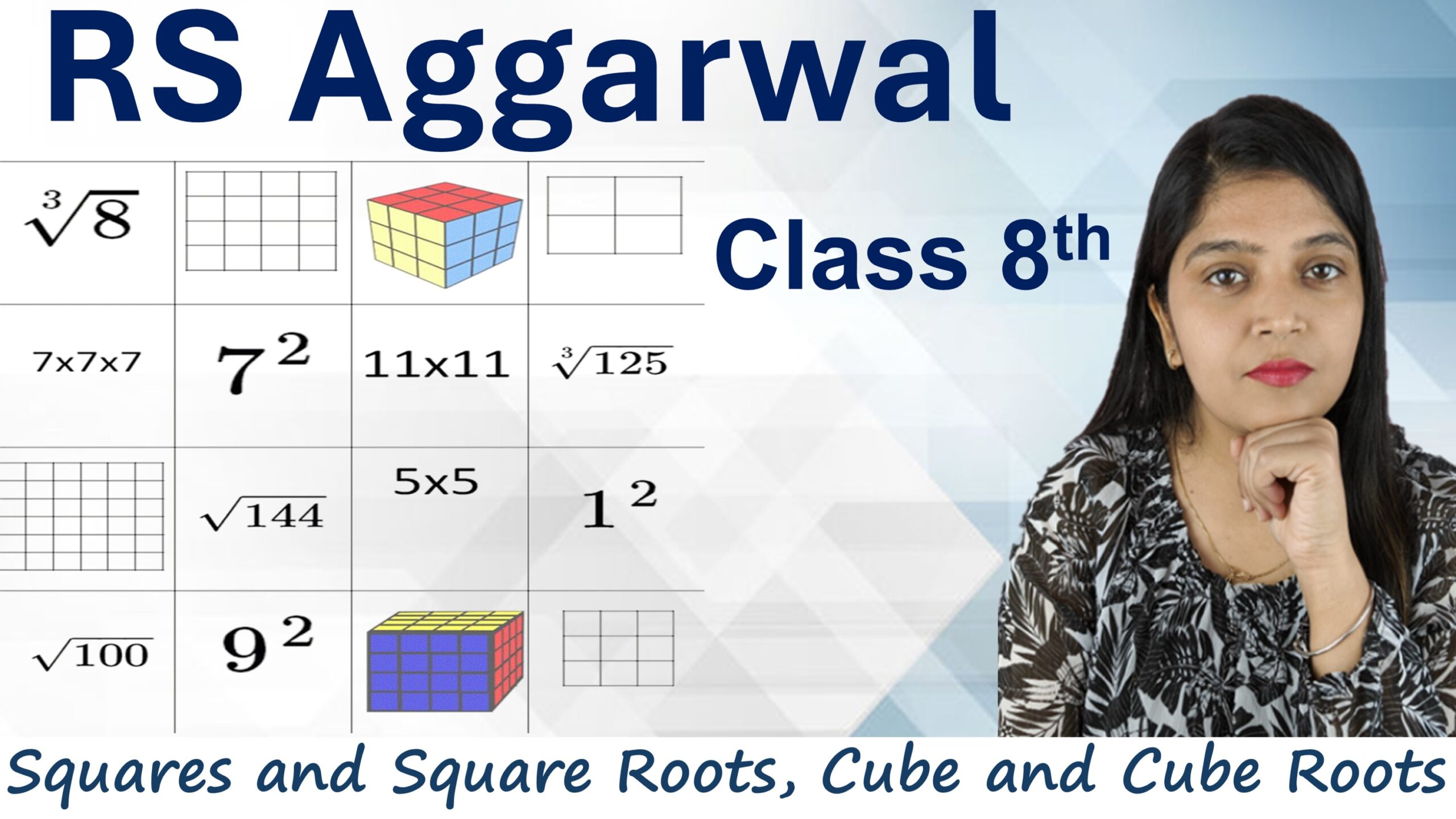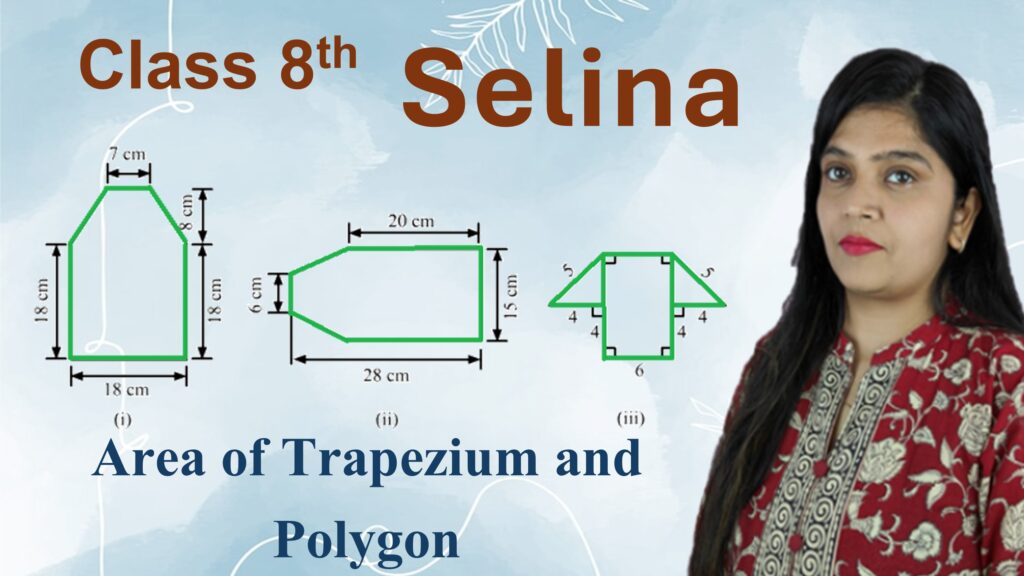Exercise: 3-F
Mental Maths
Q1: Fill in the blanks:
i. There are ________ perfect squares between 1 and 100.
Step 1: The perfect square numbers between 1 and 100 are the squares of integers from 1 to 10.
\[
\quad 2^2 = 4, \quad 3^2 = 9, \quad 4^2 = 16, \quad 5^2 = 25, \quad 6^2 = 36, \quad 7^2 = 49, \quad 8^2 = 64, \quad 9^2 = 81 = 100
\]
Answer: There are 8 perfect squares between 1 and 100.
ii. There are ________ perfect cubes between 1 and 100.
Step 1: The perfect cube numbers between 1 and 100 are the cubes of integers from 1 to 4.
\[
\quad 2^3 = 8, \quad 3^3 = 27, \quad 4^3 = 64
\]
Answer: There are 3 perfect cubes between 1 and 100.
iii. A perfect square number cannot have ________, _________, _________, and _________ as the unit digit.
Step 1: The unit digits of perfect squares are always 0, 1, 4, 5, 6, or 9.
Thus, a perfect square cannot end with 2, 3, 7, or 8 as the unit digit.
Answer: A perfect square number cannot have 2, 3, 7, and 8 as the unit digit.
iv. The cube of a number ending in 7 will end in the digit __________.
Step 1: We observe that:
\[
7^3 = 343 \quad \text{(ends in 3)}, \quad 17^3 = 4913 \quad \text{(ends in 3)}, \quad 27^3 = 19683 \quad \text{(ends in 3)}
\]
Thus, the cube of a number ending in 7 will always end in the digit 3.
Answer: The cube of a number ending in 7 will end in the digit 3.
v. 1m² = __________ cm² and 1 m³ = __________ cm³
Step 1: We know that 1 meter = 100 centimeters. Thus,
\[
1 \, \text{m}^2 = (100)^2 = 10000 \, \text{cm}^2
\]
\[
1 \, \text{m}^3 = (100)^3 = 1000000 \, \text{cm}^3
\]
Answer: 1m² = 10000 cm² and 1m³ = 1000000 cm³.
vi. (100)³ has __________ zeroes.
Step 1: We calculate \(100^3\):
\[
100^3 = 100 \times 100 \times 100 = 1000000
\]
The number \(1000000\) has 6 zeroes.
Answer: (100)³ has 6 zeroes.
Q2: Write true (T) or false (F):
i. The sum of two perfect squares is a perfect square.
Step 1: Consider the sum of two perfect squares, such as \(3^2 + 4^2 = 9 + 16 = 25 = 5^2\). However, this is not always true. For example, \(4^2 + 5^2 = 16 + 25 = 41\), which is not a perfect square.
Answer: False (F)
ii. The product of two perfect squares is a perfect square.
Step 1: The product of two perfect squares is always a perfect square. For example, \(4^2 \times 5^2 = 16 \times 25 = 400 = 20^2\).
Answer: True (T)
iii. The square of every natural number is always greater than the number itself.
Step 1: Consider \(n = 1\), \(1^2 = 1\), which is not greater than the number itself. Hence, the statement is false.
Answer: False (F)
iv. There exists no natural number whose square is equal to its cube.
Step 1: Let \(n\) be such a number. We need \(n^2 = n^3\), which simplifies to \(n^2(n – 1) = 0\). The only solution is \(n = 1\). Hence, \(1^2 = 1^3\), which is true.
Answer: False (F)
v. The cube root of 80000 is 200.
Step 1: We calculate the cube root of 80000:
\[
\sqrt[3]{80000} = 43.0886
\]
Answer: False (F)






Leave a Comment